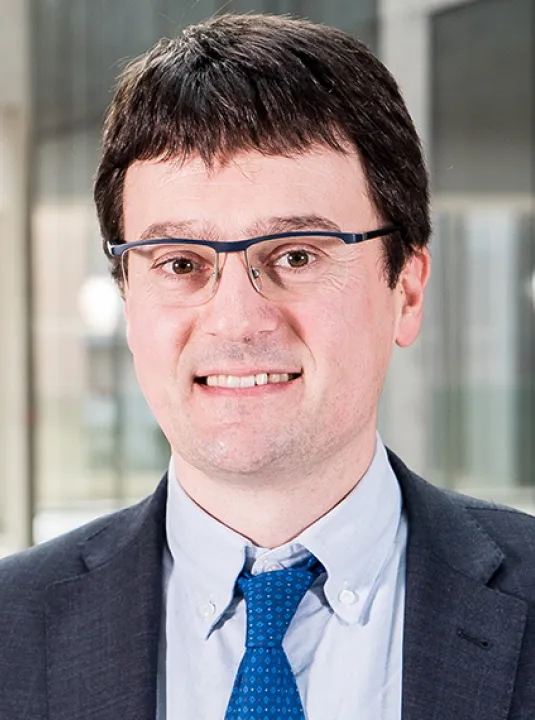
The Dondena, an Excellence in Social Dynamics Research
The Carlo F. Dondena Centre for Research on Social Dynamics and Public Policy, known as the Dondena Center, is Bocconi University’s research center dedicated to the social sciences. Founded in 2006 thanks to the support of the Dondena family, a unique case in Italy of a donation by a family for a specific research purpose (although there are many similar examples in the United States), the Center is now approaching its 20-year milestone. Since early 2025 it has been led by a new director, Guido Alfani.
In recent years, Dondena has grown in authority to become a reference point for the study of social dynamics, with a strong emphasis on interdisciplinarity. Its work covers a wide range of research areas, spanning demography, economics, sociology, political science, and economic and social history.
An interdisciplinary identity and recognized scientific excellence
One of the distinctive features of the Dondena Center is precisely its plurality of views within the social sciences. As Guido Alfani explains, the Dondena “is a place where different approaches come together to address major social issues from complementary perspectives.”
In recent years, the Center’s researchers have won significant funding, including particularly coveted grants from the European Research Council (ERC), proving that the Dondena Center not only produces research of high scientific value, but is also able to attract internationally competitive funding.
The main areas of research
The Center’s work is structured into four main research units:
- Population and Social Dynamics – Studies the evolution of population and social dynamics, including comparative and long-term perspectives.
- Welfare State and Taxation – Analyzes the role of the state and tax policies in reducing inequality.
- Politics and Institutions – Examines political decision-making processes and institutions.
- Health and Society – Studies the relationships between health, inequality and socioeconomic conditions.
New challenges: increasing impact and dissemination
After nearly two decades of operation, the Dondena Center has now reached a stage of scientific research maturity. However, Director Alfani stresses the importance of strengthening the impact of research outside academia: “Our challenge in the coming years will be to better communicate the results of our research and get them to a wider audience, including policymakers and civil society.” For this reason, new dissemination initiatives are being considered, such as events, conferences, and collaborations with public and private entities. “Research should not remain confined to academic circles, but should contribute to public debate and informed policymaking,” Alfani says.
Inequality and the social impact of wars: central issues for the future
Among the issues Dondena will focus on in the coming years are economic and social inequalities, which are one of the great issues of our time. “Inequalities are not just an economic issue; they affect social cohesion, health and political stability. They are not a static phenomenon, but evolve over time. Understanding their historical dynamics is essential to designing effective policies in the present,” Alfani explains.
Another topic of growing importance is the social impact of wars, an area where historical research can offer valuable lessons that are still valid today. “Wars have always had lasting effects on societies, redefining economic and political structures. Studying the past helps us understand how to deal with a period of acute international tensions such as today,” the director stresses.
